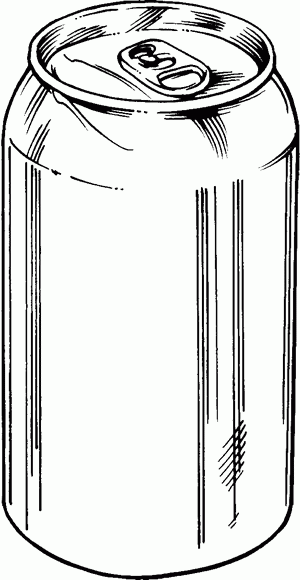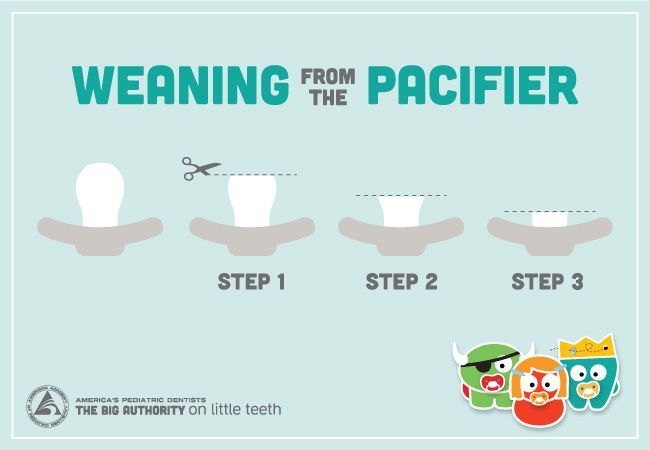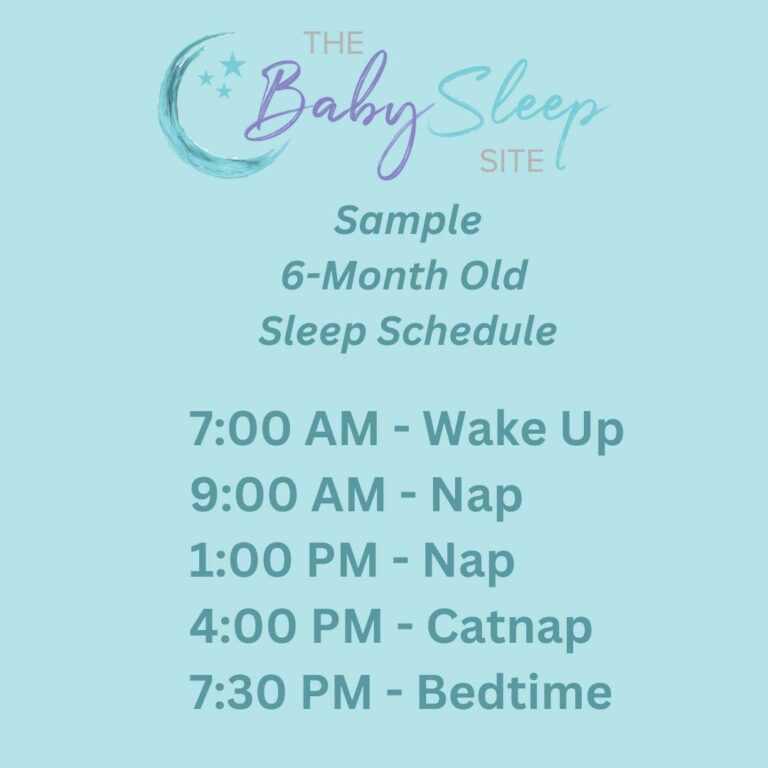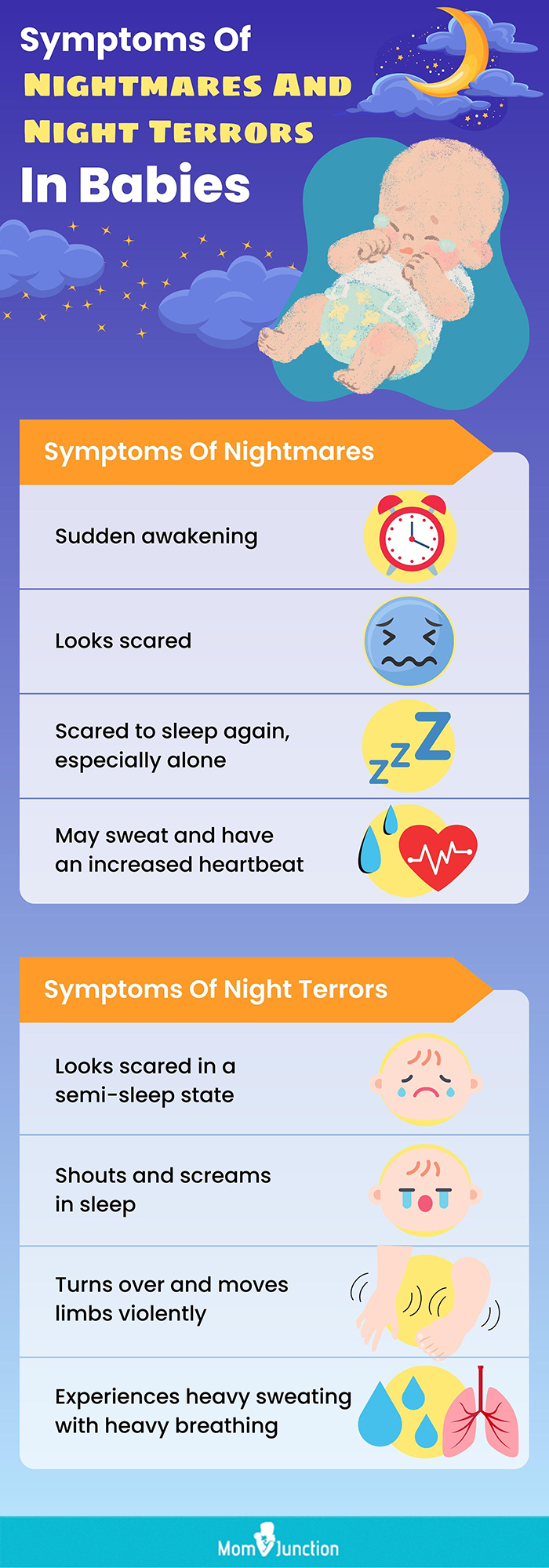When Can My Baby Have Water: A Comprehensive Guide
As a parent, one of the many questions you may have is when can your baby start drinking water. It’s essential to provide your baby with the right nutrients and hydration, but at what age is it safe to introduce water into their diet? This article will provide you with all the information you need to know about when your baby can have water, ensuring that you are well-informed and can make the best choices for your little one.
Knowledge
When it comes to giving water to your baby, timing is crucial. Babies under six months of age should not be given water, as their primary source of nutrition should be breast milk or formula. Introducing water before this age can fill up their tiny stomachs, leading to a decrease in the intake of essential nutrients from milk.
Once your baby reaches the six-month mark and starts eating solid foods, you can gradually introduce water into their diet. Start with small sips of water from a cup, rather than a bottle, to help them learn how to drink independently. Make sure the water is plain and free from any additives or sweeteners.
It’s essential to monitor your baby’s intake of water and ensure they are not drinking too much. Too much water can interfere with their ability to absorb nutrients from breast milk or formula, leading to potential health issues. Offer water during mealtimes or when your baby is thirsty, but do not force them to drink if they are not interested.
As your baby grows and becomes more active, their need for water will increase. Offer water throughout the day, especially during hot weather or if they are unwell. Pay attention to signs of dehydration, such as dry lips, dark urine, or fussiness, and ensure your baby stays adequately hydrated.
Conclusion
In conclusion, knowing when your baby can have water is essential for their overall health and well-being. By waiting until they are six months old to introduce water and monitoring their intake, you can ensure that they stay hydrated while still receiving the necessary nutrients from breast milk or formula. Remember to offer water in moderation and pay attention to your baby’s cues to determine when they are thirsty.
Overall, this information is valuable for parents of young babies who want to make informed decisions about their child’s nutrition. By following these guidelines, you can help your baby stay healthy and happy as they grow and develop.
It’s crucial to understand the importance of proper hydration for your baby and to know when and how to introduce water into their diet. By following these guidelines, you can ensure that your baby receives the right amount of water at the right time, promoting their overall health and well-being.






